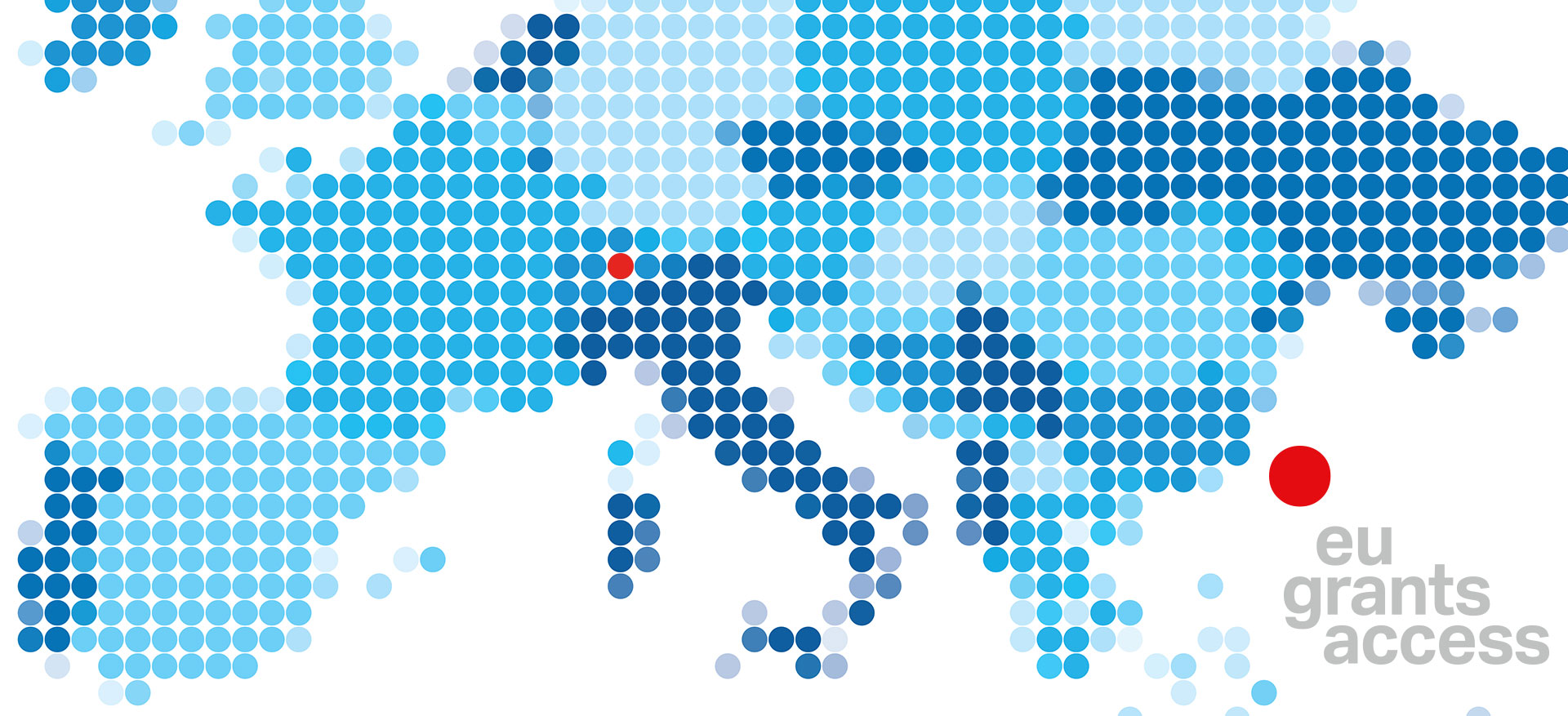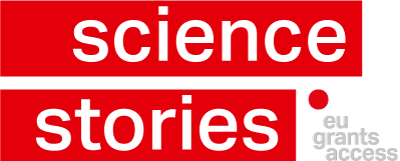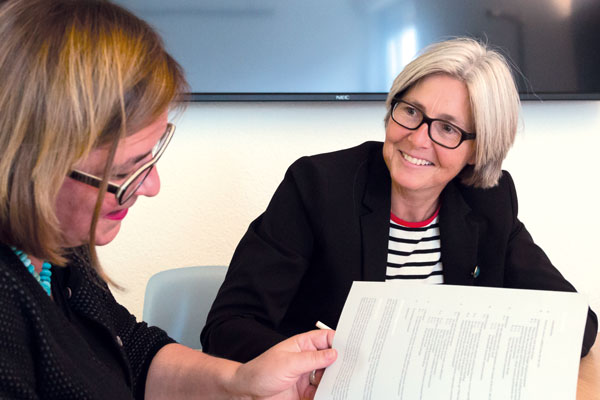
The art of co-management
If there were an award for co-management, the names of Agatha Keller and Sofia Karakostas would be right on top of the list of nominees. For 16 years, they have been very successfully heading the EU GrantsAccess office, founded in 1997 by merging the respective EU counselling offices of ETH Zurich and the University of Zurich. This is unusual as co-managing often fails due to power struggles and wrangling over competences. “One of the two has to be the boss,” is still a very common opinion on co-management. However, the question of who should be in charge has never been raised by Agatha Keller and Sofia Karakostas. They have quite different personalities with varying interests – but they share a common vision regarding EU GrantsAccess. They jointly want to run an office that serves as an efficient, modern service centre, which best supports both young and experienced scientists in applying for funding. Therefore, since the very beginning, the co-managers have been fully committed in building a team of experienced advisers who guide the scientists through every step of the application process – from informing about options and calls up to handling administrative and bureaucratic requirements and filling in forms. Guided by this mission, they have organised their co-management according to their personal abilities and preferences. Sofia is responsible for the communication with the stakeholders at the universities and the EU research administration as well as for marketing, events and human resources. Agatha is in charge of finance, planning, project management and organisational topics. But they can take each other’s place easily if one happens to be absent.
Since Agatha and Sofia took over in 2001, research funding has become extremely diverse and complex. There are plenty of funding initiatives and programmes within the EU and other funding institutions today, but finding the appropriate source to fund a specific researcher demands special knowledge. Furthermore, the requirements and procedures to receive the money have become even more challenging, also due to new rules of compliance. Therefore, the co-managers have to cope with increasing demands from the funding agencies as well as from the researchers they support. Asking the two managers what they consider the greatest challenge they will face in the near future, they mention two areas: Agatha points to the long-term challenge of discovering the rise of new research topics and changes in funding. “In funding we observe an increasing shift towards big private companies and institutions. We have to be very alert in watching this trend to keep our researchers informed and to adapt our strategy at the right moment,” she says. Sofia adds a more short-term challenge that will also strongly impact their work: “Currently, we are doing quite well with Horizon 2020. However, it is an open question if Switzerland will be associated again with the next EU Framework Programme (FP9), starting in 2021.” But Agatha Keller and Sofia Karakostas are highly motivated to tackle these challenges as well – in co-management, of course.


